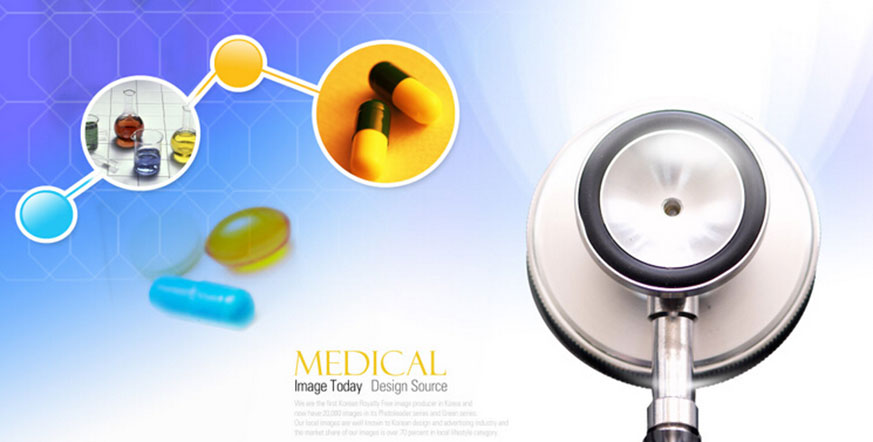
medical and healthcare devices using rion sensors improve the quality of care and improve the lives of patients. sensors can improve the intelligence of organ transplantation, and can also be used in new patient monitoring systems, enabling patients to live more independent lives. signals detected when disease symptoms appear can help doctors optimize diagnosis and treatment plans and prevent critical illnesses from occurring.
rion's solutions are based on the company's patented 3d mems technology. this technology has facilitated the development of medical devices in many ways. for example, for cardiac pacemakers, high precision, low power consumption and high reliability are the three key indicators of a good pacemaker: accurate behavioral monitoring means that the patient's heart rate can be precisely adjusted to meet patients' needs. rion's original mems, manufactured using single crystal silicon and glass, guarantee absolute reliability, unparalleled precision and excellent stability. such sensors consume very little power and can be easily used in small battery-operated devices. rion's 3d mems technology enables the smallest sensor and battery designs to meet customer demands for miniaturization of implantable medical devices.
pacemakers aren't the only healthcare application for rion sensors. based on the company's many years of experience in pressure sensing technology, rion is now well-positioned to offer many industry-leading pressure sensors in healthcare. these products address the power and size requirements of existing and emerging medical device developers and manufacturers.
over the past 15 years, rion has designed and supplied many custom products for medical device manufacturers that have never been returned for failure in actual use. rion's facility in finland covers the entire supply chain of these custom sensors from design and production to testing and packaging. because rion has more than 20 years of service experience in the automotive industry, rion's factories have always practiced the extremely strict quality control system of the automotive industry.
the advantages of rion sensors in the field of medical equipment:
small volume
high precision
low power consumption
applications:
pacemaker
intrusive pressure measurement applications:
blood pressure, cerebral pressure and intra-abdominal pressure measured by implantable method
non-intrusive pressure measurement applications:
measurement of blood pressure and intraocular pressure by non-invasive methods; barometric pressure measurement for reference data.
diagnostic and therapeutic equipment positioning applications:
high-precision instrument positioning such as in operating tables, prostheses and medical imaging equipment
patient monitoring applications: motion and position monitoring